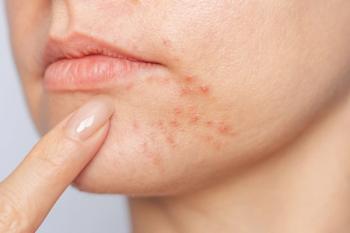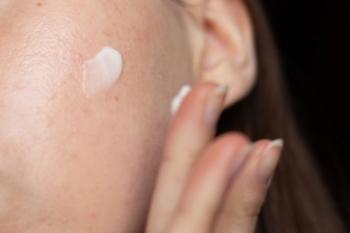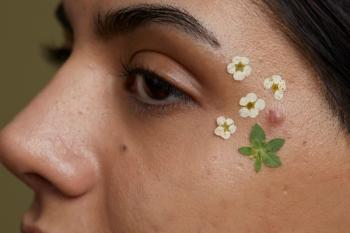
Study: Mental Health, Race, Ethnicity, and Patients with Acne
This letter to the editor in the Journal of the American Academy of Dermatology investigated how mental health and its association to race and ethnicity relate to patients with acne.
Patients with acne who come from different racial and ethnic backgrounds can differ with clinical presentation, according to a letter to the editor in the Journal of the American Academy of Dermatology. This can include complications like post-inflammatory hyperpigmentation (PIH), hypertrophic scarring, and treatment plans.1
While the differences have been studied, there is still more to learn on how acne impacts mental health outcomes for different races and ethnicities. In response, this investigation had the goal to evaluate the different impacts of acne on mental health in patients from different racial and ethnic backgrounds.
Nationally, a cross-sectional trial comparing the mental health outcomes of White patients compared with skin of color (SOC) patients using the 2004-2017 Medical Expenditure Panel Survey was performed. The SOC population in the study was defined as patients who self-identified as Black, American Indian/Alaskan Native, Asian, Native Hawaiian/Pacific Islander, or multiple races.
Overall, 6,952,001 White patients and 1,585,263 SOC patients with acne who reported mental health outcomes were included in the study data. For more information on the characteristics of these patients,
The researchers found that acne patients of all races and ethnicities seem to have similar struggles with mental health conditions. “As multiple studies have suggested that acne patients are at an increased risk for anxiety and depression, it is important to treat acne in patients of all races and ethnicities adequately to decrease the impact of mental health comorbidities,” the authors wrote.2,3
Although a difference was not found between groups, the researchers note that the disparities in access to acne treatment between these groups should be recognized and physicians should advocate for improved access to acne treatment for all patients.
Also noted by the authors was the study limitations on the lack of information in respect to acne severity or complications which may affect mental health outcomes in these patients from the Medical Expenditure Panel Survey.
References:
- Kohn AH, Pourali SP, Rajkumar JR, Hekmatjah J, Armstrong AW. Mental health outcomes and their association to race and ethnicity in acne patients: A population-based study. Journal of the American Academy of Dermatology. 2021;0(0). doi:10.1016/j.jaad.2021.06.866
- Acne vulgaris and risk of depression and anxiety: A meta-analytic review. Journal of the American Academy of Dermatology. 2020;83(2):532-541. doi:10.1016/j.jaad.2020.02.040
- Rogers AT, Semenov YR, Kwatra SG, Okoye GA. Racial disparities in the management of acne: evidence from the National Ambulatory Medical Care Survey, 2005–2014. Journal of Dermatological Treatment. 2018;29(3):287-289. doi:10.1080/09546634.2017.1371836
Newsletter
Like what you’re reading? Subscribe to Dermatology Times for weekly updates on therapies, innovations, and real-world practice tips.











